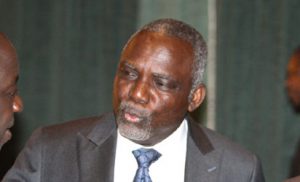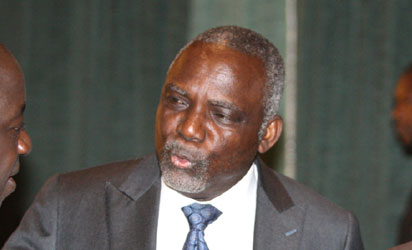Former Minister of Power, Prof. Bart Nnaji, has called for the establishment of regional grids as the solution to Nigeria’s erratic power supply.
Nnaji said this yesterday while speaking on the unending national grid collapses.
Electricity consumers in Nigeria have had to contend with 206 power grid collapses between 2010 and 2019. The situation which often leads to power cuts is taking a toll on economic activities, as companies spend more on self-generation.
The former minister said regional grids would ensure reliable and quality power supply. “I was quite sad to hear that power had dropped to below 4,000 and in the 300,000 range, and we as a nation shouldn’t be talking about 3,000, 4,000, 5,000mw of power in a country of 200 million people,” he said.

“So, yes, we cannot have just national control of power. You can have a national power grid, but there should be regional grids, and there is nothing in the constitution preventing it.
“States don’t have enough money to build their own power plants except maybe Akwa Ibom and Rivers states and the smaller plants built by Lagos state, but typically, it’s very costly and capital intensive.
“But if you have regional grids, then states can now work with the private sector to build reliable power projects.
“What we have done in Aba is an illustration of this. What we’ve done in Aba is to demonstrate that you can have the same autonomous power utility, and that’s what we have in Aba. We have improved distribution network and infrastructure, billing system and also a situation where the customers are metred.
“You can have that in different places, reliable, quality electricity.”
Nnaji said manufacturers cannot survive without reliable electricity, adding that the high cost of self-generation negatively impacts profit margins.
“For instance, if the cost of electricity is about 40 per cent by using diesel, how can you profit? It is not possible because the cost of production alone is so high,” he added.
He further noted that the country requires an industrial power supply which cannot be achieved if the status quo remains.


